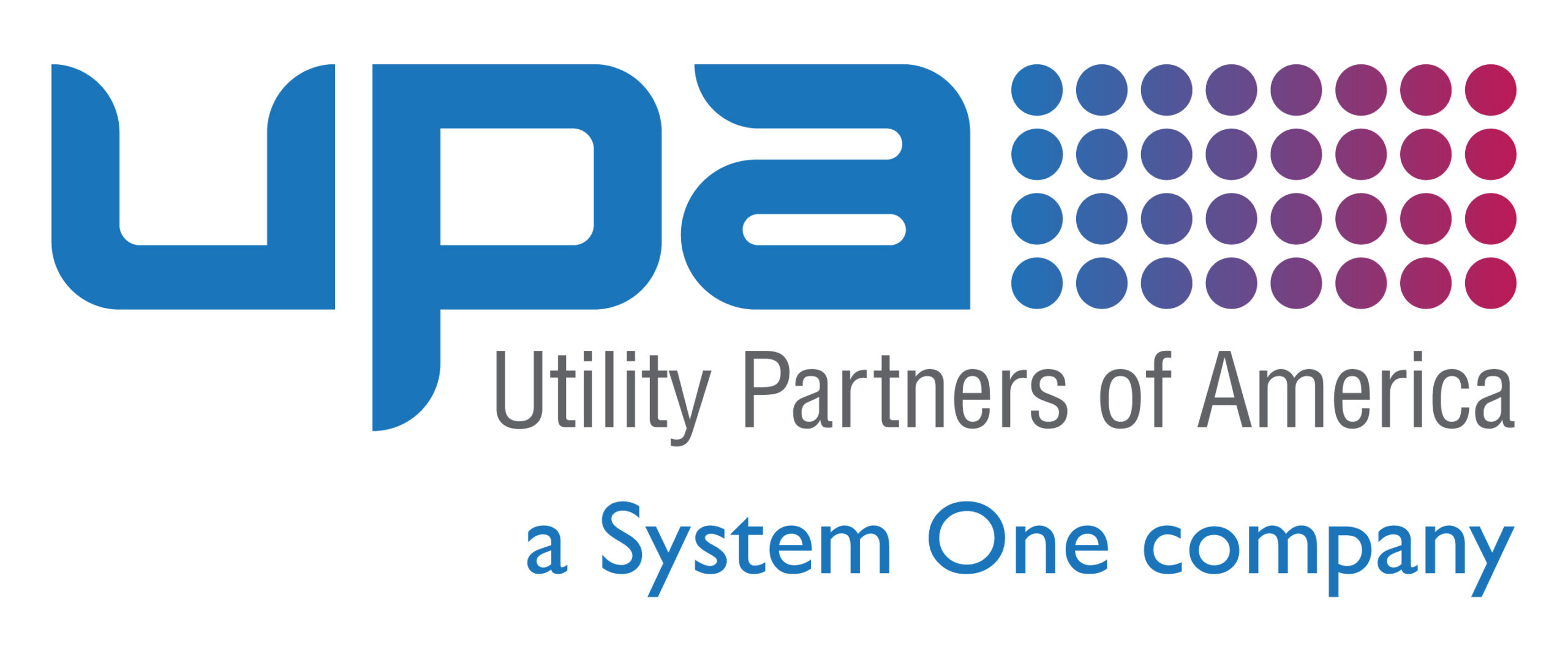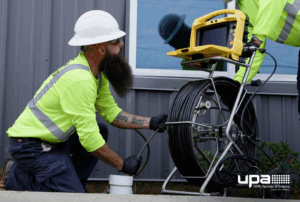Utility construction projects involve significant investments of time, money, and resources. Whether it’s installing new utility lines or upgrading existing metering infrastructure, the success of these projects largely hinges on thorough planning before the actual work begins. This is where pre-deployment planning workshops come into play.
Understanding Pre-Deployment Planning Workshops
Pre-deployment planning workshops are organized sessions that bring together key stakeholders in utility construction projects, including project managers, utility representatives, product manufacturers or distributors, consultants and contractors. Their main goal is to collaboratively develop a comprehensive plan, outlining project goals, scope, timeline, budget, risk management, and communication protocols. Additionally, these sessions aim to align expectations among all parties, fostering a shared understanding before construction starts. This proactive approach helps address individual perspectives, mitigate misalignments, and set the stage for successful project outcomes.
The Benefits of Conducting Pre-Deployment Workshops
- Boost Collaboration
One of the primary benefits of pre-deployment planning workshops is that they promote collaboration among stakeholders. By bringing together diverse perspectives, these workshops can bridge communication gaps, promote teamwork, and establish a unified vision for the project. Effective communication at this stage can help prevent misunderstandings that often lead to complications later on.
- Identifying Challenges Early
Utility construction projects often face a variety of challenges, including regulatory compliance, environmental concerns, budget constraints, political considerations, and technical difficulties. Pre-deployment workshops provide a platform for stakeholders to identify and discuss potential challenges and roadblocks early in the planning process. This proactive approach enables teams to develop strategies to mitigate risks or adjust their plans before the project enters the execution phase.
- Defining Roles and Responsibilities
Clear roles and responsibilities are vital for project success. Pre-deployment workshops allow teams to identify task ownership, ensuring accountability and efficient execution. This understanding fosters productivity and a sense of ownership among team members regarding their contributions.
- Cost Management and Budgeting
Utility construction projects can be expensive, and budget overruns are a concern for many organizations. By thoroughly discussing the project scope and identifying potential cost drivers during pre-deployment workshops, teams can create more accurate budgets and allocate resources more efficiently. This can ultimately lead to significant savings and a higher likelihood of project completion within budget.
- Community Engagement and Support
Utility projects often have direct impacts on local communities. Pre-deployment workshops can also serve as a venue to engage with community representatives to discuss the project’s implications and gather feedback. This engagement cultivates community support, helps address concerns about potential disruptions, and fosters a cooperative relationship between the utility and the public.
- Developing a Clear Timeline
Developing a clear and realistic timeline is critical for utility construction projects. During workshops, stakeholders can collectively evaluate project milestones and deadlines, ensuring alignment with the project’s objectives and available resources. A well-defined timeline not only helps keep the project on track but also facilitates timely adjustments when issues arise. To support this, UPA routinely establishes a schedule for pre-deployment planning workshops, typically lasting three months. This approach ensures that important topics are addressed and promotes engagement and commitment from the right stakeholders. Additionally, it prevents stalling or delays in the pre-deployment planning phase, which could disrupt the primary project timeline.
CLICK HERE to contact one of UPA’s Project Delivery Managers to discuss how it uses Pre-deployment Planning Workshops to mitigate project risks and enhance the probability of Project Success.
- Documentation and Reference
Finally, the outcomes of pre-deployment planning workshops are often documented for future reference. This documentation serves as a foundational resource throughout the project lifecycle, ensuring that all stakeholders are aligned and can refer back to discussions and decisions made during the workshops.
Conclusion
In conclusion, pre-deployment planning workshops are an essential component of successful utility construction projects. By fostering collaboration, identifying challenges, clarifying roles, managing costs, engaging communities, developing timelines, and creating valuable documentation, these workshops lay the groundwork for effective project execution. Investing time and resources in these early planning stages can significantly enhance project outcomes, increase stakeholder satisfaction, and contribute to the overall success of utility construction initiatives. As the utility sector continues to evolve, embracing comprehensive pre-deployment planning will become increasingly important to meet both regulatory demands and community expectations.




